UNDER THE SURFACE | Biodynamic winemaking – heaven-sent wines or hocus-pocus?
We like to think that our Back Label newsletter keeps Members abreast of the people, places and issues shaping the wine world. Now, though, it seems that some of the content is making waves beyond the Club walls. Certainly October’s ‘Two Minutes With…’ interview with Burgundy’s Erwan Faiveley, in which he shared his views on biodynamic wines, generated a strong response among commentators…
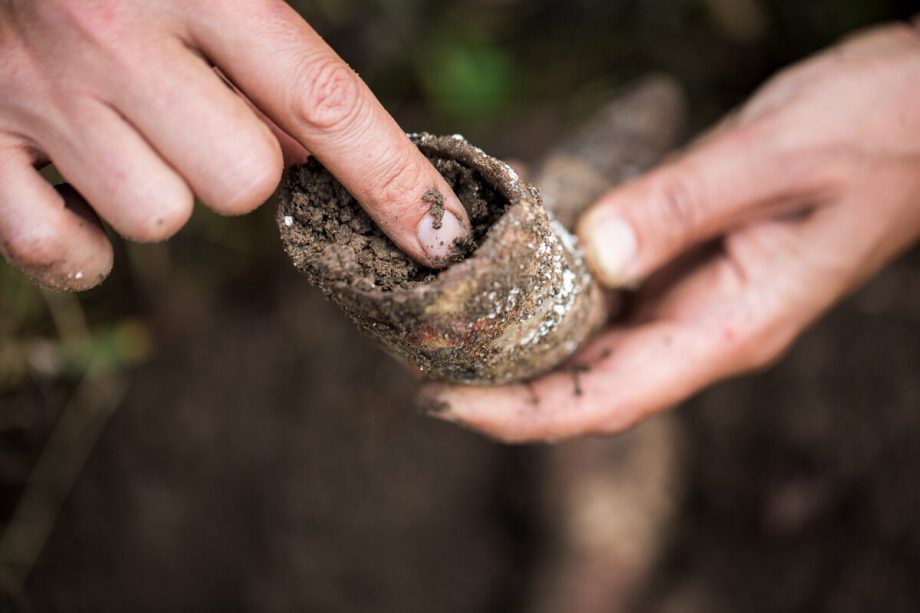
In last month’s Back Label, Erwan Faiveley, the head of the leading Burgundian group Domaine Faiveley, caused a stir when he took a swipe at what he feels is the ‘occult science’ of biodynamic winemaking. ‘What annoys me [about the wine world],’ he said, ‘is that, very often, it’s more about hocus-pocus – I’m thinking about biodynamics here – than real, hard scientific fact. We know some winemakers like to believe that there are some hidden forces, and also that hocus-pocus is good for marketing purposes. But this is why conspiracy theories are thriving today – some people like to believe there are hidden forces ruling the world. I’m not that kind of person.’
It was a powerful – and divisive – missive that attracted plenty of attention. It was also a rather topical intervention. Biodynamic viticulture can trace its roots back exactly 100 years, to the 1924 writings of spiritual philosopher Rudolf Steiner. Its basic tenets are adherence to a holistic approach that goes beyond purely organic farming. It views the farm – or vineyard – as a living but closed ecosystem, with everything inside it growing together to the rhythms of nature and the cosmos, and where nothing should be brought in from outside, and nothing wasted. The ideal farm or vineyard is mixed-use, with livestock providing manure for compost, while a major part of the philosophy is the belief that everything is interconnected, with the sun, moon, planets and stars all affecting the crops. Winemakers and viticulturalists follow a calendar based on the lunar cycle, with days for planting, pruning, harvesting and irrigating (where permitted). No chemicals or other ‘manufactured’ additions are permitted, with special compost made from natural ingredients harnessed to fertilise the vineyards.
‘Biodynamics is more about
ERWAN FAIVELEY
hocus-pocus. It’s good for
marketing purposes’
This is where the most notorious element of the philosophy – the burying of cow horns filled with fresh cow manure – comes in. After six months, the horn’s contents are diluted in water and stirred (in different directions) before being sprayed over the vineyard. The aim is to make the soil more porous, encouraging the roots to grow deeper and hence be more resilient to drought. Plants such as nettles and dandelions mixed in water are also harnessed to improve vine health, while the level of permitted sulphites is further reduced compared to that permitted in organic wines.
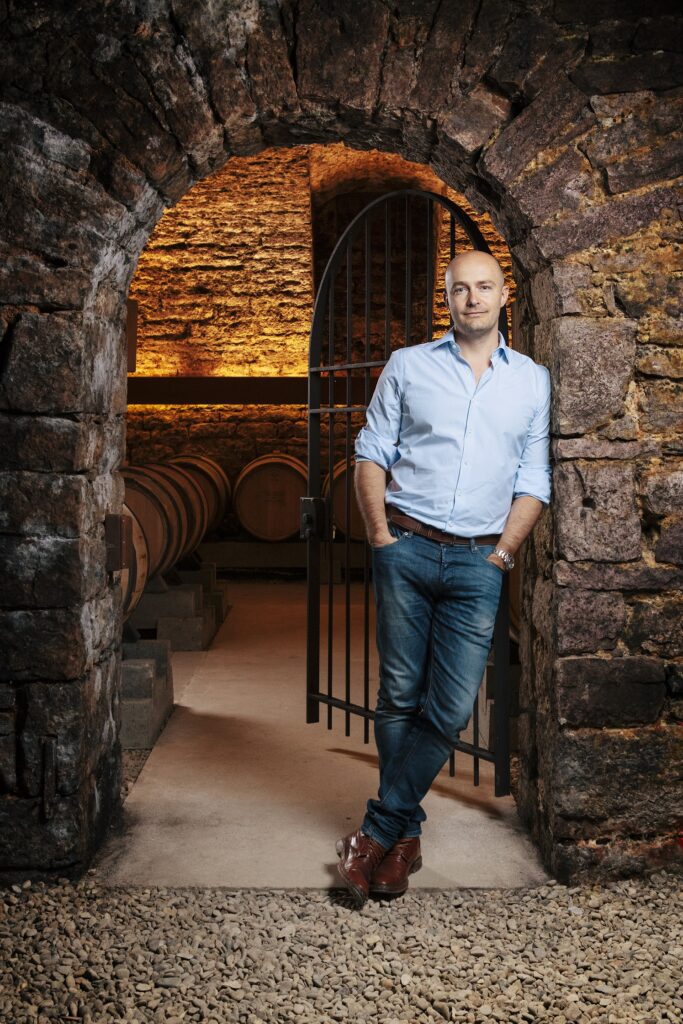

It just so happened that Faiveley’s Q&A appeared in the same issue of The Back Label as an interview with Jeffrey Grosset, in which the Australian winemaker talked of his awakening – and conversion – to biodynamic winemaking. ‘Moving to organic and biodynamic viticulture has been the most significant decision I’ve made in my career,’ said the veteran practitioner. ‘I’ve learned as much in the last four or five years as I did in the previous 40.’
Grosset approached the issue with a scientific bent, wanting to see evidence before committing himself. ‘I’d been working these vineyards for a long time, so I wasn’t convinced how positive it could be – at best I thought I might see some modest improvements,’ he told The Back Label. ‘But the wines are so much fresher, brighter, more balanced.’
The two diametrically opposed perspectives are typical of those found in the wine world at large – as seen in the response that Faiveley received to the article. Indeed so extreme was the reaction that he took to social media to post a follow-up. ‘Considering the number of messages I received following this article (expressing both support & criticism) I thought I should respond,’ he wrote. What followed was a doubling-down on his view of biodynamics as a ‘scam’, as he calls it, the thrust of which can best be summarised in his line: ‘After 20 years running the family winery, I am still amazed how much popular support there is for this occult science that is biodynamics.’
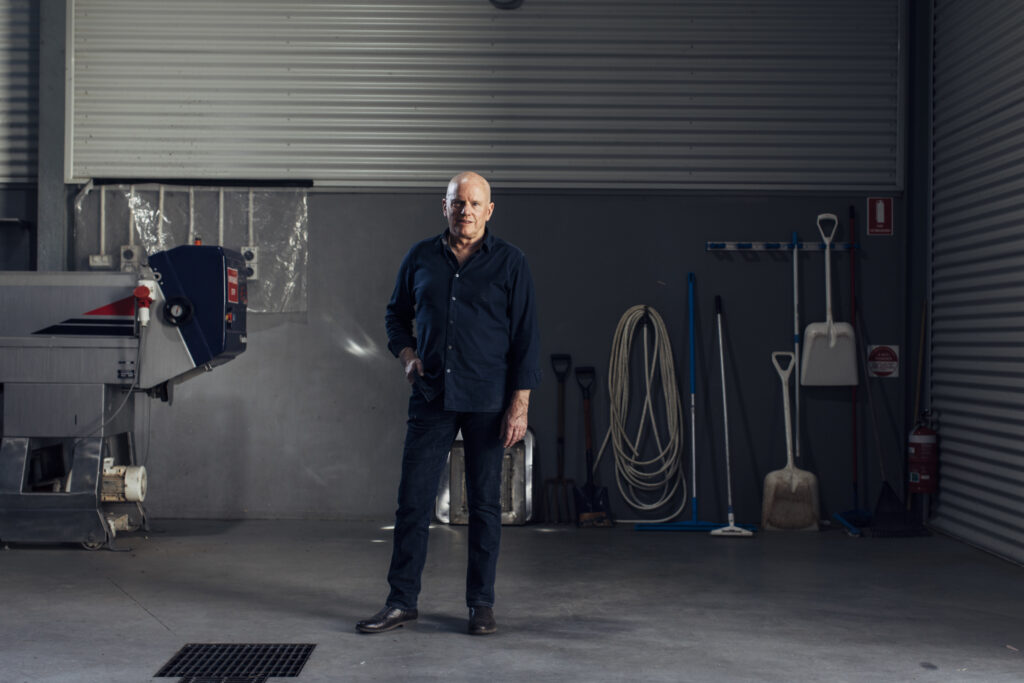

Among those to endorse Faiveley’s view were Richard Dittmar, President and CEO Trialto Wine Group, one of British Columbia’s largest importers, while newly qualified master of wine Casidy Dart wrote: ‘Biodynamics has become almost orthodoxy in Burgundy because of several high-profile wineries whose wines have become extremely expensive. For sure it has taken courage to write this article.’
‘Isn’t it crazy that you need courage to speak out?!’ responded Faiveley. ‘What kind of a sect is that?’ He then posted a link to an article by Jacques Frederic Mugnier of the eponymous Burgundy domaine, which takes the form of a rebuttal of biodynamics.
‘Few winemakers like to talk much about Rudolph Steiner,’ points out Mugnier. ‘Understandably so. Steiner’s published work is massive, and mostly obscure, tedious and confused.’ The fact that he also published openly racist narratives has also discredited him in many people’s eyes; while he also claimed that the first civilisation on Earth took the form of a thinking vapour capable of communicating telepathically and moving loads by their mental power.
‘Moreover,’ continued Mugnier, ‘it reeks of heresy.’ He also argues it has a stench of hearsay. ‘How did Steiner discover the methods he recommends?’ Mugnier asks. ‘Definitely not through practice or experimentation. He never held a spade or dug up a carrot in his life.’
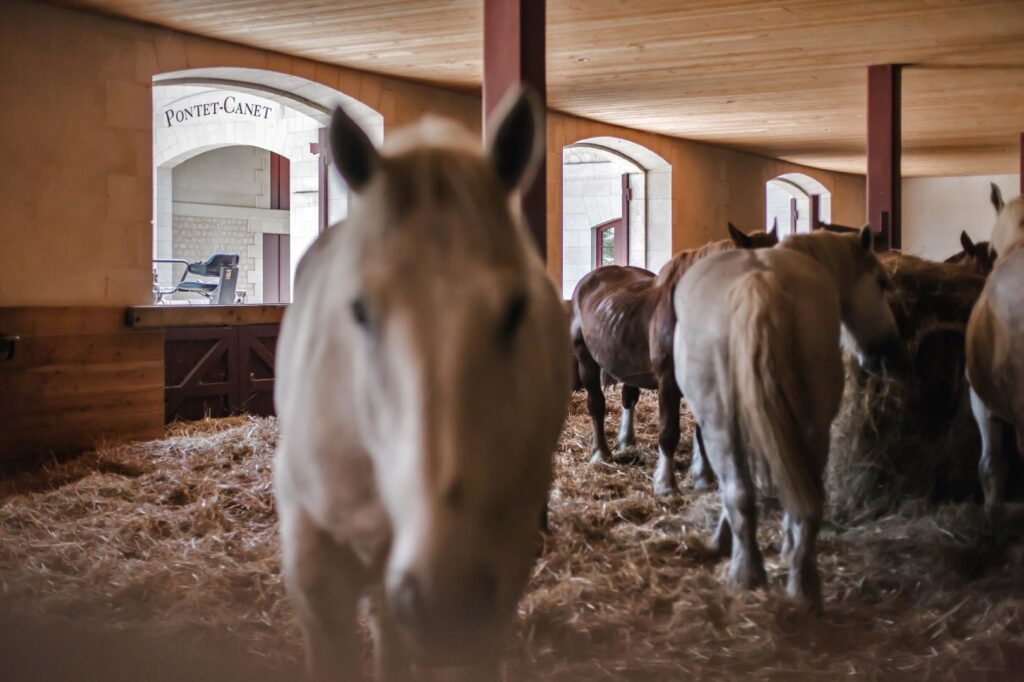

And yet the roll-call of wineries now harnessing biodynamics spans an array of blue-chip names. Zind-Humbrecht in Alsace; Domaine Leflaive and Domaine de la Romanée-Conti in Burgundy; Châteaux Palmer, Pontet-Canet and Climens in Bordeaux. Claire Villars-Lurton, owner of Chateau Haut-Bages Libéral, is a firm believer. The Bordeaux property began converting to biodynamics in 2007, and Villars-Lurton says: ‘Our wines naturally taste better, rounder and more approachable at a young age now. Because we are so focused on the natural health of the vineyard, it leads to fresher, more complex wines, and grapes that are more disease resilient.’ Meanwhile Jean-Baptiste Lécaillon, the highly regarded chef de cave at Louis Roederer, has credited biodynamics with enhancing freshness in his Champagnes.
It’s a long way, however, from such individual examples to the sweeping claim from retailer Vintage Roots, which specialises in selling such wines, that: ‘When it comes to taste, both biodynamic and organic wines are often considered superior to conventional wines, with better flavour and aromas, and more pleasant textures’. By those who sell them, maybe – others would take issue with such a wholesale statement.
A very unscientific poll undertaken on social media revealed that only a third of wine lovers were committed biodynamic devotees; while the recent Chablis Grand Cru event at the London Club showed that many of those present were sceptical of wedding themselves blindly even to organic viticulture (and thereby biodynamics), which they felt could be too constraining.
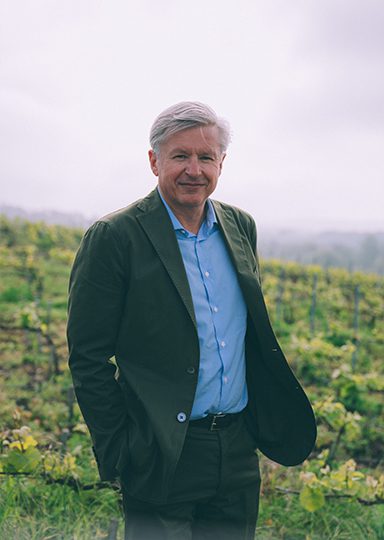

There is, though, some evidence of the positive impact of the practice. The journal Organic Agriculture reports that 147 peer-reviewed scientific studies show that when considered broadly, biodynamic farming does seem to enhance soil quality and vineyard biodiversity. Whether that automatically leads to better quality wines, of course, is another matter.
In truth, there are good and bad biodynamic wines, just as there are good and bad non-biodynamic wines. Making wine via biodynamic principles is not going to turn a mediocre terroir into DRC any sooner than it turns a bad winemaker into Jean-Baptiste Lécaillon. But Lécaillon make a salient point in observing how biodynamics encourages greater critical thinking and attention to detail in the vineyard. Could it be, then, that those who practise it tend to be diligent, committed winemakers who are therefore pre-disposed to making good wine, regardless of their viticultural approach?
A large part of Faiveley’s cynicism around the practice comes down to the fact that its efficacy is unproven, scientifically. The ironic thing is that Grosset is among the most rigorous, analytical, scientifically minded winemakers you could find. He is a now a firm believer in biodynamics’ benefits, yet even he can’t fully explain them. And if he can’t, what chance the rest of us?
Not a 67 Pall Mall Member? Sign up to receive a monthly edit of The Back Label by filling out your details below
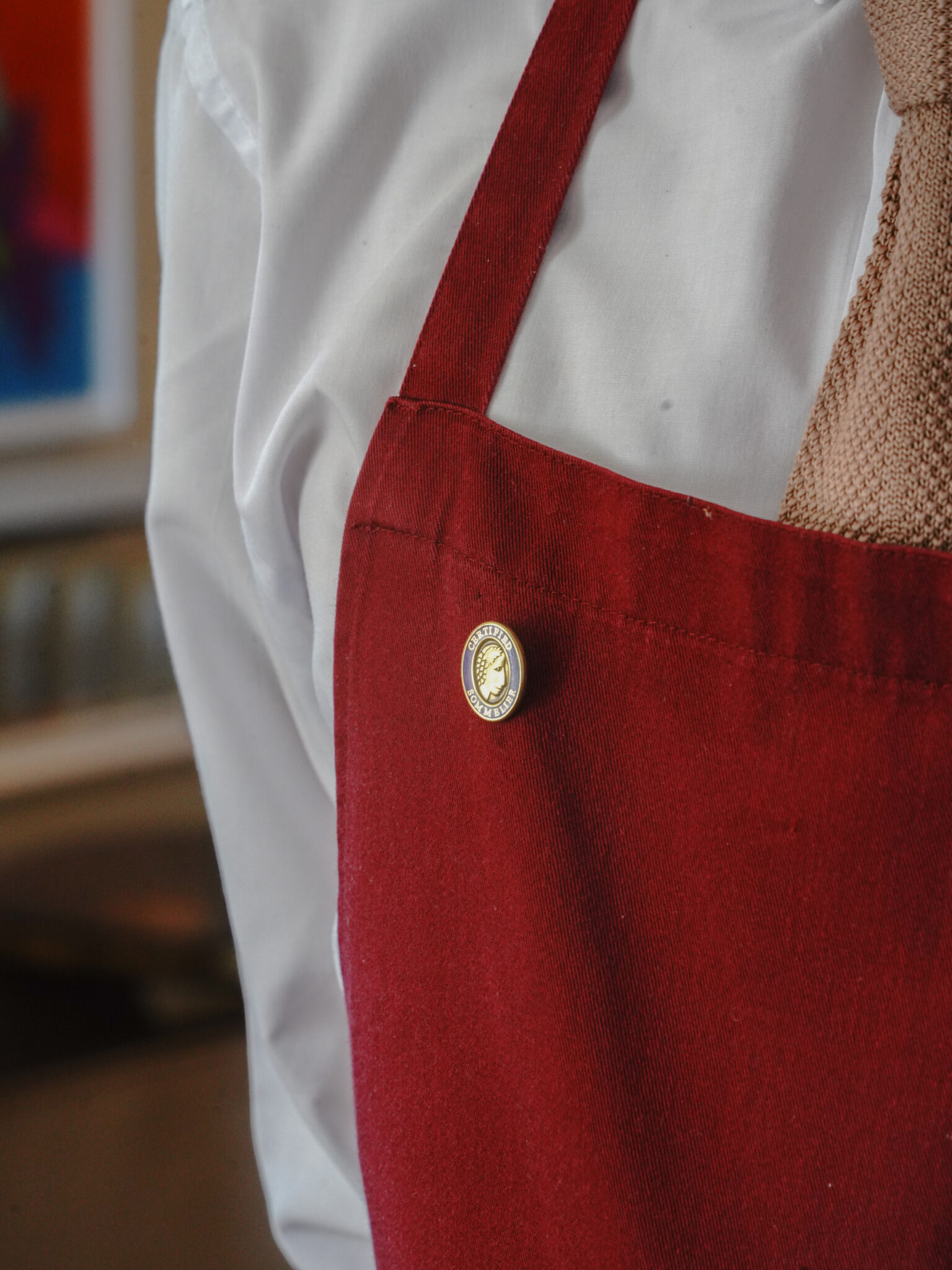

UNDER
THE
SURFACE
Inside the Court of Master Sommeliers
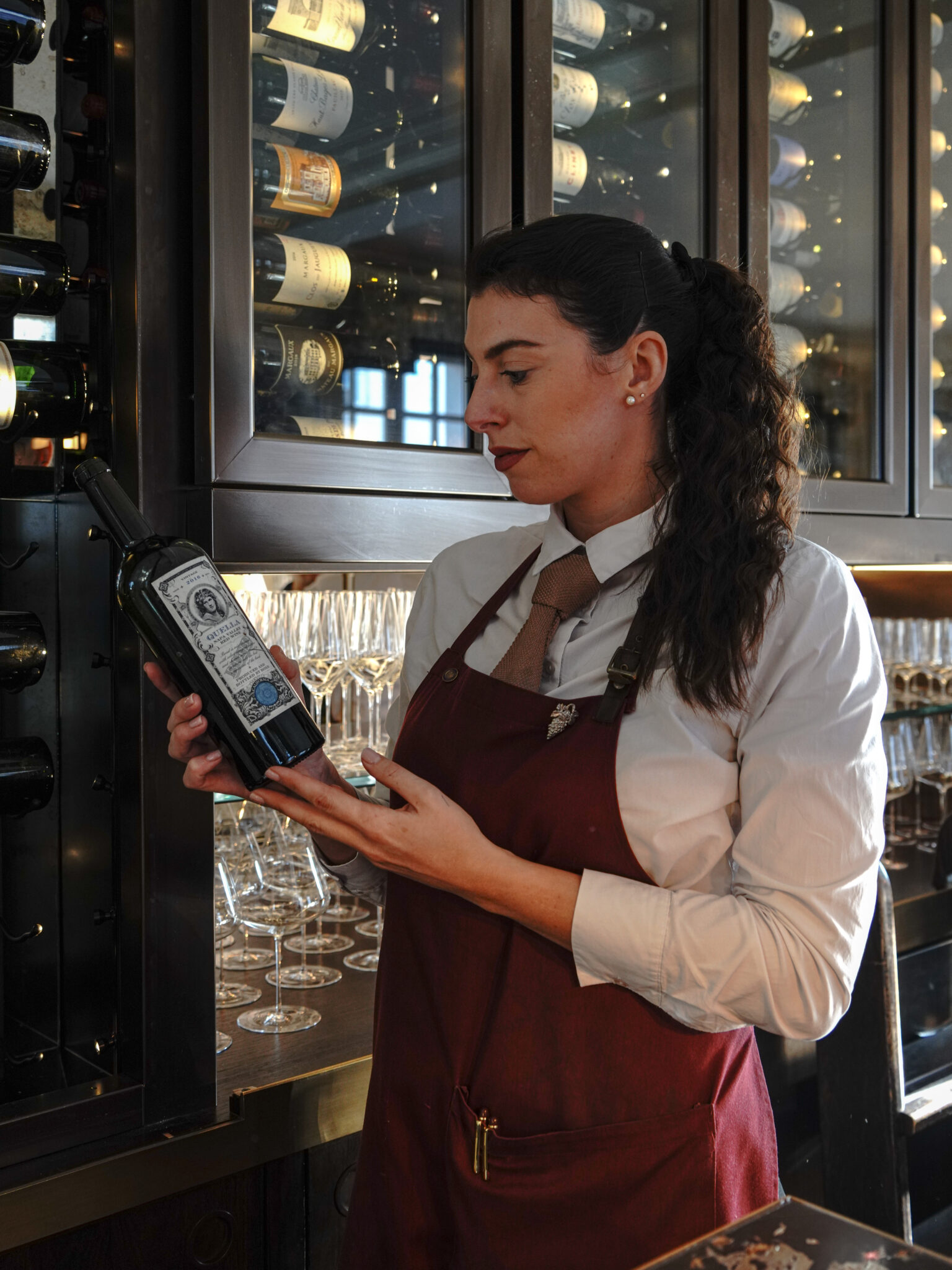

ON
THE
LIST
Mariachiara Faccin


ON
THE
ROAD
Suzuna Nitta in Alsace
